Please find information about our speakers here. More information about their talks can be found in our abstract book.
Scientific talks
Achim Walter (Swiss Federal Institute of Technology in Zürich, Switzerland)
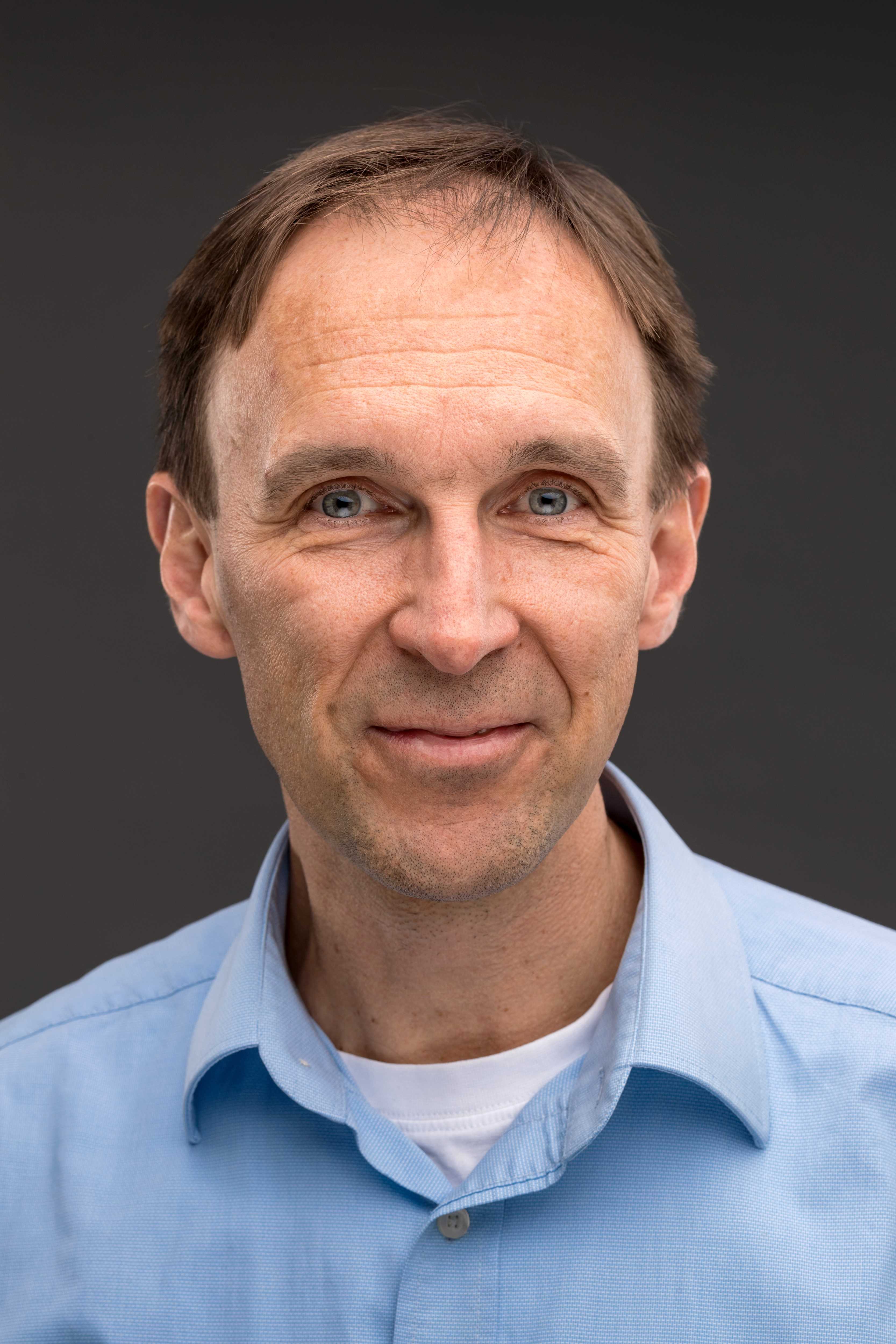
Achim Walter has been professor of ‘Crop Science’ at ETH since 2010, had been study director of Agricultural Sciences between 2011 and 2017 and is currently head of the Institute of Agricultural Sciences. He is member of scientific advisory boards of several national and international agricultural research institutions, such as the ‘Forschungsinstitut für Biologischer Landbau’ (FiBL, Switzerland), the IPK Gatersleben (crop breeding, Germany), Phenorob (cluster of excellence, Germany) and the Agroscope-Rat (Switzerland). He received a diploma in Physics in 1995 and in Biology in 1997 and spent parts of his Postdoctoral career at Biosphere 2 Center in the US and at Forschungszentrum Jülich, Germany. He has more than 20 years of experience in developing imaging-based solutions for plant growth analysis and in developing indoor as well as outdoor plant phenotyping facilities. Current research foci of his group are phenotyping for wheat and legume breeding as well as the use of imaging technologies and artificial intelligence to improve the sustainability of agriculture.
Alexander Jones (Sainsbury Laboratory Cambridge University, United Kingdom)

Alexander Jones graduated from UC Davis and got his PhD at UC Berkeley, where he focused on the role of the immune hormone salicylic acid (SA) in both root development and in crosstalk between host plants and a bacterial pathogen that synthesizes SA. After his PhD, he continued his research as a Postdoc with Wolf Frommer (Department of Plant Biology, Carnegie Institution for Science). There he developed a platform for accelerated engineering of FRET biosensors. Using this platform, he screened over 1,500 biosensor designs and succeeded in generating both an Abscisic Acid Concentration and Uptake Sensor (ABACUS) and Gibberellin Perception Sensor (GPS). A key early finding was determining, for the first time, cell-type and timing of specific ABA dynamics and GA distribution patterns in actively growing Arabidopsis roots. Also during his postdoc, he led the completion and analysis of a large-scale membrane protein interactome project (Associomics.org) which greatly added to the current knowledge of individual protein-protein interactions and also the characteristics of interactome networks generally (Associomics.org).
His research group at the Sainsbury Laboratory, Cambridge University investigates how plant hormones serve as signal integrators and master regulators of physiology and development. In multicellular organisms, these functions are crucial for the coordination of the activities of individual cells – each having an independently tuneable hormone level and hormone response – into an ensemble behaviour appropriate for the organism as a whole. Our recent advent of ABACUS and GPS biosensors permits analysis of ABA and GA levels with cellular resolution and we are now observing hormone patterns that were previously unknown. We also continue to develop new technologies for high-resolution sensing and perturbation of plant hormones in vivo.
Cezary Smaczniak (Humboldt University of Berlin, Germany)
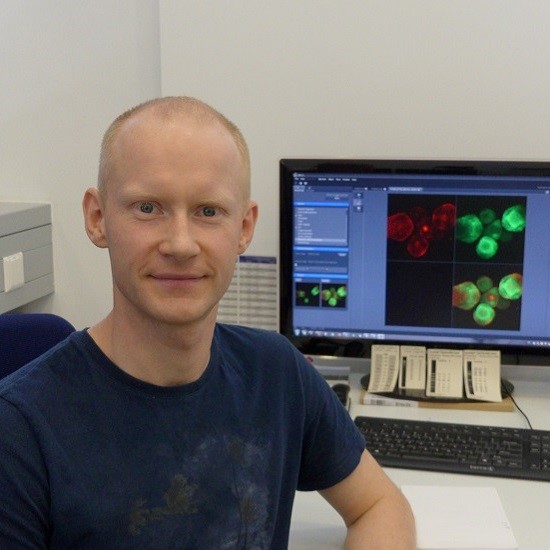
Cezary Smaczniak is a research scientist and a faculty member at the Institute for Biology, Humboldt-Universität zu Berlin. He obtained his PhD degree from the Wageningen University (The Netherlands) in 2013, studying MADS-domain transcription factor (TF) protein complexes to understand the mechanisms that govern flower organ specification. He continued his postdoctoral studies in Wageningen until 2015 when he received the Humboldt Research Fellowship for postdoctoral researchers from the Alexander von Humboldt Foundation that allowed him to study regulatory roles of post-translational modifications of MADS-domain TFs at the Potsdam University (Germany). Since 2019, he is a project leader at the Institute for Biology, Humboldt-Universität zu Berlin (Germany) studying molecular function of transcriptional co-regulatory machineries in plants. His current research focus is to understand how plant co-regulators act together with TFs to regulate the expression of the downstream genes.
Desalegn W. Etalo (Wageningen University & Research, The Netherlands)
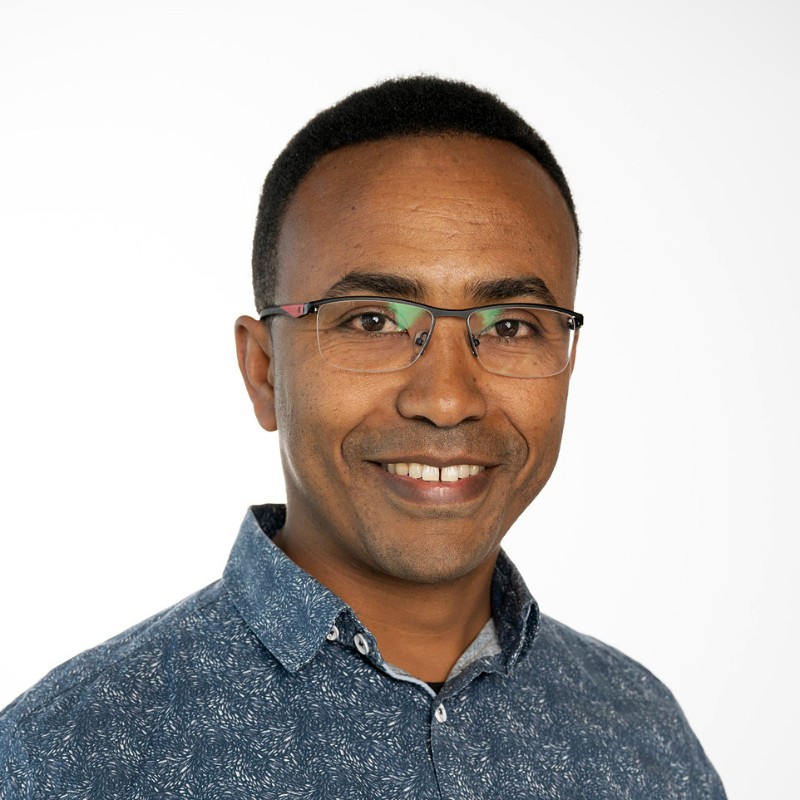
Desalegn Etalo's work revolves around unraveling the complex language of chemicals that facilitate communication and interactions among different organisms. By deciphering these chemical signals, he aims to gain deeper insights into the mechanisms that drive the relationships between plants, microbes, and their environment. He and his team combine tools and concepts from various fields, including molecular plant-microbe interactions, chemical biology, and microbial ecology. His group's ultimate objective is to develop innovative and sustainable approaches that counteract the declining state of agroecosystems, promoting their long-term health and productivity to contribute to global food security.
Georg Hochberg (Max Planck Institute for Terrestrial Microbiology, Germany)
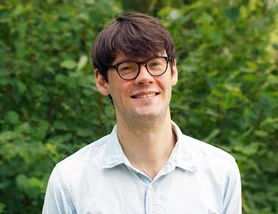
Georg Hochberg studied biology and was then trained as a biochemist during his PhD (both at Oxford). He then moved to Chicago to learn evolutionary biochemistry with Joe Thornton. Since then, he has had an interest in the evolution of protein complexes that spans both general mechanisms of evolutionary change and the evolution of historically important protein complexes. Since 2019, he leads the Evolutionary Biochemistry group in Marburg, where a substantial part of his group's work is now focusing on the evolution of photosynthesis related proteins.
https://www.mpi-marburg.mpg.de/hochberg
Heidi Webber (Leibniz Centre for Agricultural Landscape Research, Germany)
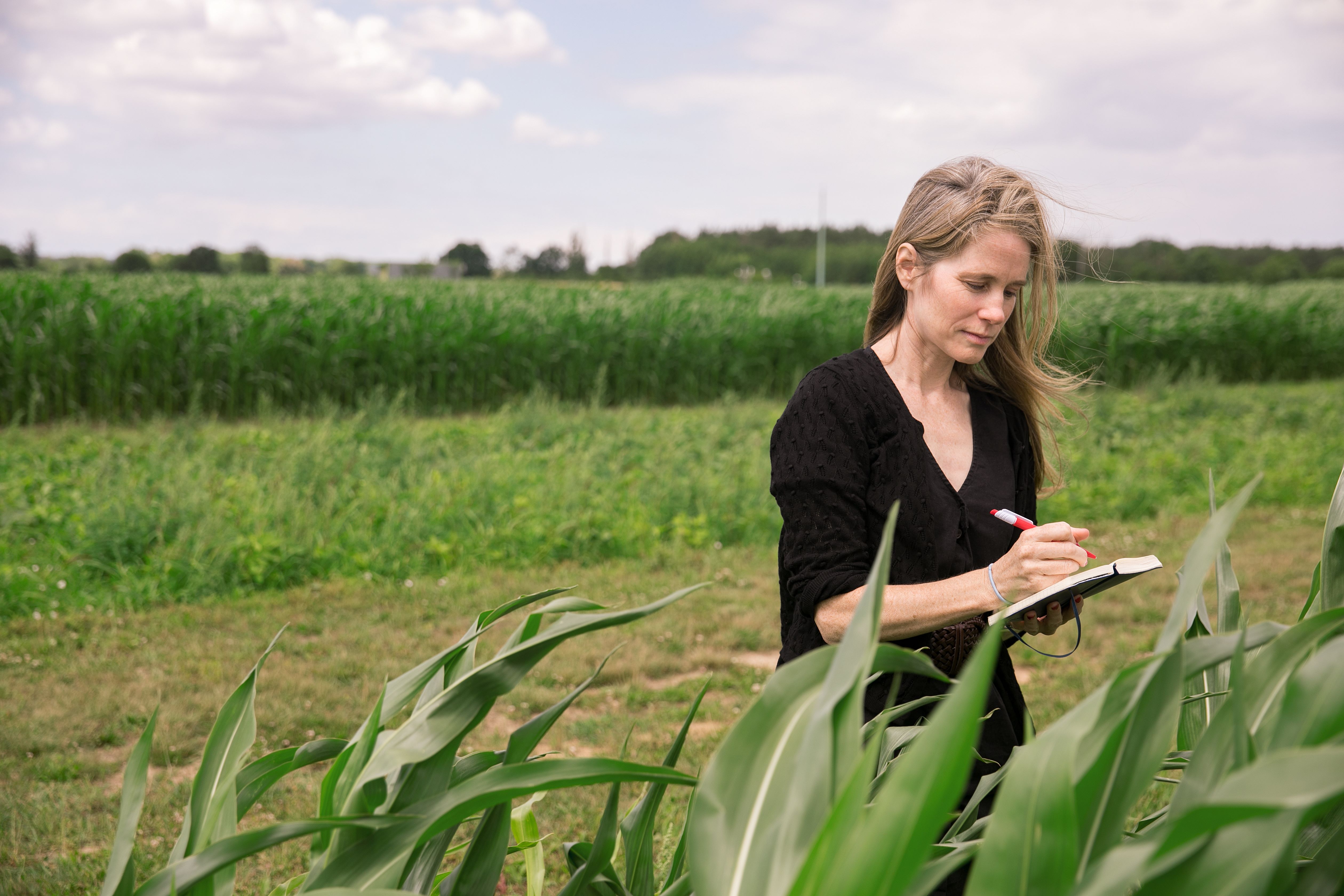
Heidi Webber is a system agronomist with a focus on climate risk management in the context of smallholder farming systems. Her research uses a combination of on-farm experimentation, process-based crop model improvement and model-based climate change impact assessments at field, farm and regional scales. Her model development expertise is in the consideration of multiple abiotic stressors on crop growth, particularly the interaction of temperature and drought stress controlling canopy temperature. Her research also explores the integration of bio-physical and bio-economic modelling approaches to assess climate risk to cropping systems. Heidi co-leads the Agricultural Landscape Systems' Research Area at the Leibniz Centre for Agricultural Landscape Research (ZALF) and holds the Professorship of Integrated Crop System Analysis and Modelling at the Brandenburg University of Technology in Germany.
Hua Jiang (Leibniz Institute of Plant Genetics and Crop Plant Research, Germany)
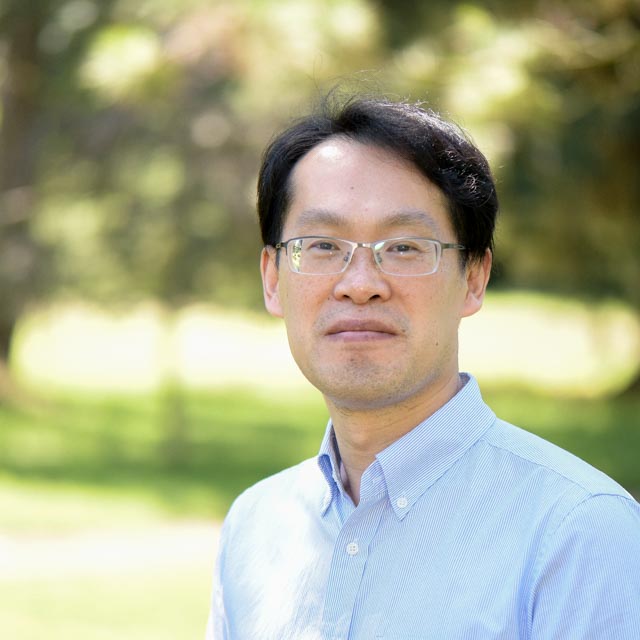
Hua Jiang’s academic career has mainly focused on plant reproduction, starting from his master's degree, Ph.D., postdoctoral positions, and now as a principal investigator (PI). He obtained his Ph.D. from Fudan University, China. Following that, he conducted his first postdoctoral work in Prof. Sheila McCormick's group at UC Berkeley and the second postdoctoral research in Prof. Claudia Kohler's group at SLU, Sweden. Since 2018, he has been leading his own research group at IPK, Gatersleben. His current research revolves around the genetic and epigenetic regulation of germline development in plants. Specifically, he aims to understand how chromatin status is regulated in germline cells and how chromosomes are equally divided in germline development. Additionally, considering that male germline development is highly susceptible to heat waves, which pose a growing threat to agriculture, his lab also aims to explore the genetic and epigenetic basis of thermotolerant male germline development in plants. This research will contribute to the development of climate-resilient crops for future agriculture.
Iva Mozgová (Institute of Plant Molecular Biology – Biology Centre CAS, Czech Republic)
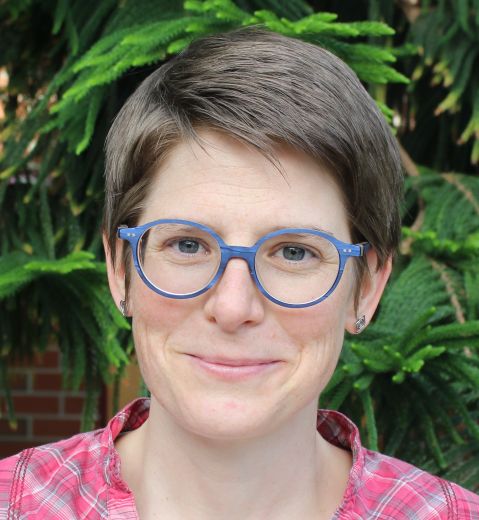
Iva Mozgová is a group leader at the Biology Centre, Czech Academy of Sciences (CAS) in České Budějovice (Budweis) in Czechia, where she came in 2019. In 2011, she obtained her PhD form Central European Institute of Technology - Masaryk University (CEITEC MU) in Brno, CZ. After that she spent five years at the Swedish University of Agricultural Sciences (SLU) in Uppsala (Sweden) as a postdoc in the lab of Prof. Lars Hennig, and almost three years as an independent researcher at the Institute of Microbiology CAS, Centre Algatech, in Třeboň (CZ). During her stay in Uppsala, she became intrigued by the function of Polycomb repressive complexes during the seed-to-seedling transition, not only in terms of the developmental changes that take place, but also the metabolic reprogramming that happens during this transition. Since then, the research focus of her independent group has been the control of primary metabolism by PRC2 in the developmental but also operational context. In addition to Arabidopsis thaliana, her group has adopted model species including the moss Physcomitrium patens and several species of chlorophyte algae to address the evolution and conservation of the PRC2 function in the green lineage. Thanks to generous startup funding form the Czech Academy of Science and several MSCA fellowships, her group is now completing first set of their work that she will be happy to share.
https://mozgovalab.umbr.cas.cz/
Jonathan Gershenzon (Max Planck Institute for Chemical Ecology, Germany)
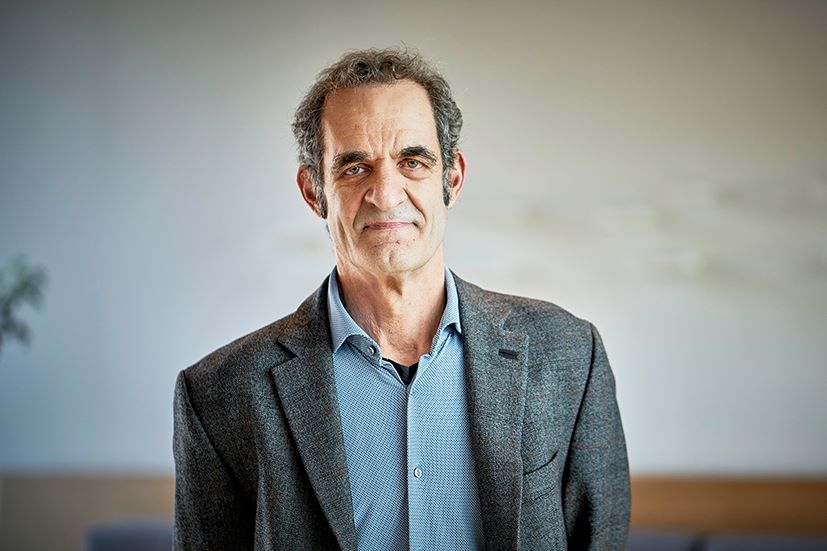
Jonathan Gershenzon has long been fascinated by the world of plant natural products, including their astounding chemical diversity, their biosynthesis and their roles in ecological interactions. He received his PhD at the University of Texas for research on the terpene natural products of sunflowers and went on to serve as a post-doctoral researcher and group leader at Washington State University studying terpene biosynthesis. He joined the Max Planck Institute for Chemical Ecology in Jena, Germany in 1997 and is currently director of the Department of Biochemistry and Professor at Friedrich-Schiller University. He has continued investigating the biosynthesis of specialized plant metabolites, especially terpenes and glucosinolates, using the isolated genes to manipulate pathways and study the roles of the end products in defense against herbivores and pathogens. He also explores the evolutionary recruitment of genes into specialized metabolic pathways. At the Plants and People Conference 2023, he will discuss the glucosinolates of Brassicaceae plants and how what we have learned about their ecological interactions can be exploited in protecting crops such as cabbages and oilseed rape from agricultural pests.
Markus Schmid (Swedish University of Agricultural Sciences, Sweden)
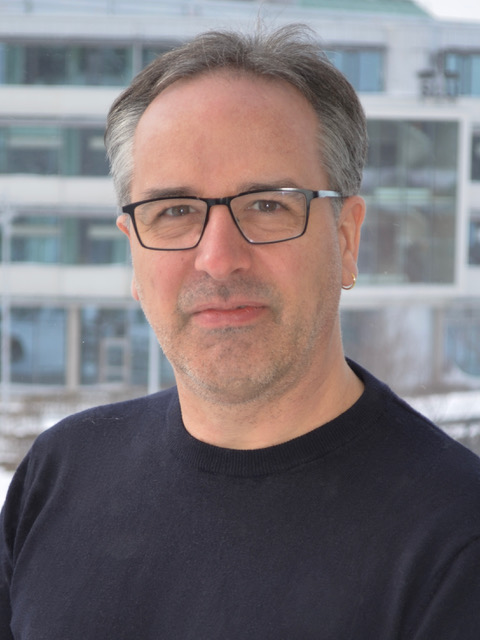
The field of plant sciences has captured Markus Schmid's interest ever since he pursued biology at the TU München, where he also earned his PhD. Following a 2-year postdoc at the Salk Institute for Biological Studies in La Jolla, California, he relocated to the MPI for Developmental Biology (now MPI for Biology) in Tübingen, where he continued as a postdoc before advancing to the role of project leader. In 2015, he was appointed as a full professor at the Umeå Plant Science Centre, Umeå University, and was a visiting PI at the Beijing Forestry University from 2018-2021. In 2023, he joined the Department for Plant Biology at the Swedish University of Agricultural Sciences (SLU) in Uppsala, Sweden.
Throughout the years, he has developed a particular fascination for how environmental signals shape plant growth and development. For example, his team contributed to the identification of the FLOWERING LOCUS T (FT) protein as an evolutionary conserved “florigen” that promotes flowering in response to daylength. Their research also demonstrated the indispensable role of carbohydrate signaling in flowering and unveiled the regulation of FT through temperature-dependent alternative splicing of the floral repressor FLOWERING LOCUS M.
These discoveries kindled his interest in alternative RNA splicing and its significance in plant responses to temperature, leading to the identification of a mutant in the core spliceosome subunit PORCUPINE, which renders plants particularly susceptible to cool ambient temperatures. Such strong temperature-specific phenotypes are uncommon in plants, and his team is currently investigating this initial discovery further within the framework of his ongoing Wallenberg Scholar project.
Throughout his career, he has been interested in and an early adopter of cutting-edge genomics methodologies. Most recently, his team developed Sequencing of Protein-Protein Interactions (SoPPIs; unpublished), an innovative approach for parallelized analysis of protein-protein interactions.
Martina Ried (Leibniz Institute of Plant Biochemistry, Germany)
.jpg)
Martina Ried is an independent research group leader at the Leibniz Institute of Plant Biochemistry in Halle (Saale) since 2020. She obtained her doctoral degree at the University of Munich in the group of Prof. Parniske as fast-track student supported by the Graduate School Life Science Munich, where she analysed the interplay and signalling role of different plant receptor kinases implicated in the interaction with symbiotic and pathogenic microbes. After that, Martina joined the lab of Prof. Hothorn at the University of Geneva as an EMBO long-term fellow and dissected how inositol pyrophosphates and their SPX receptors regulate plant phosphate homeostasis. Martina is eager to understand the fascinating relationship between plants and microbes in the context of symbioses and disease. Her main focus is on the interplay of plant roots and beneficial microbes in light of general nutrient homeostasis. Her goal is to use basic research to contribute to a future-oriented environmentally compatible agriculture.
Nadine Töpfer (University of Cologne, Germany)
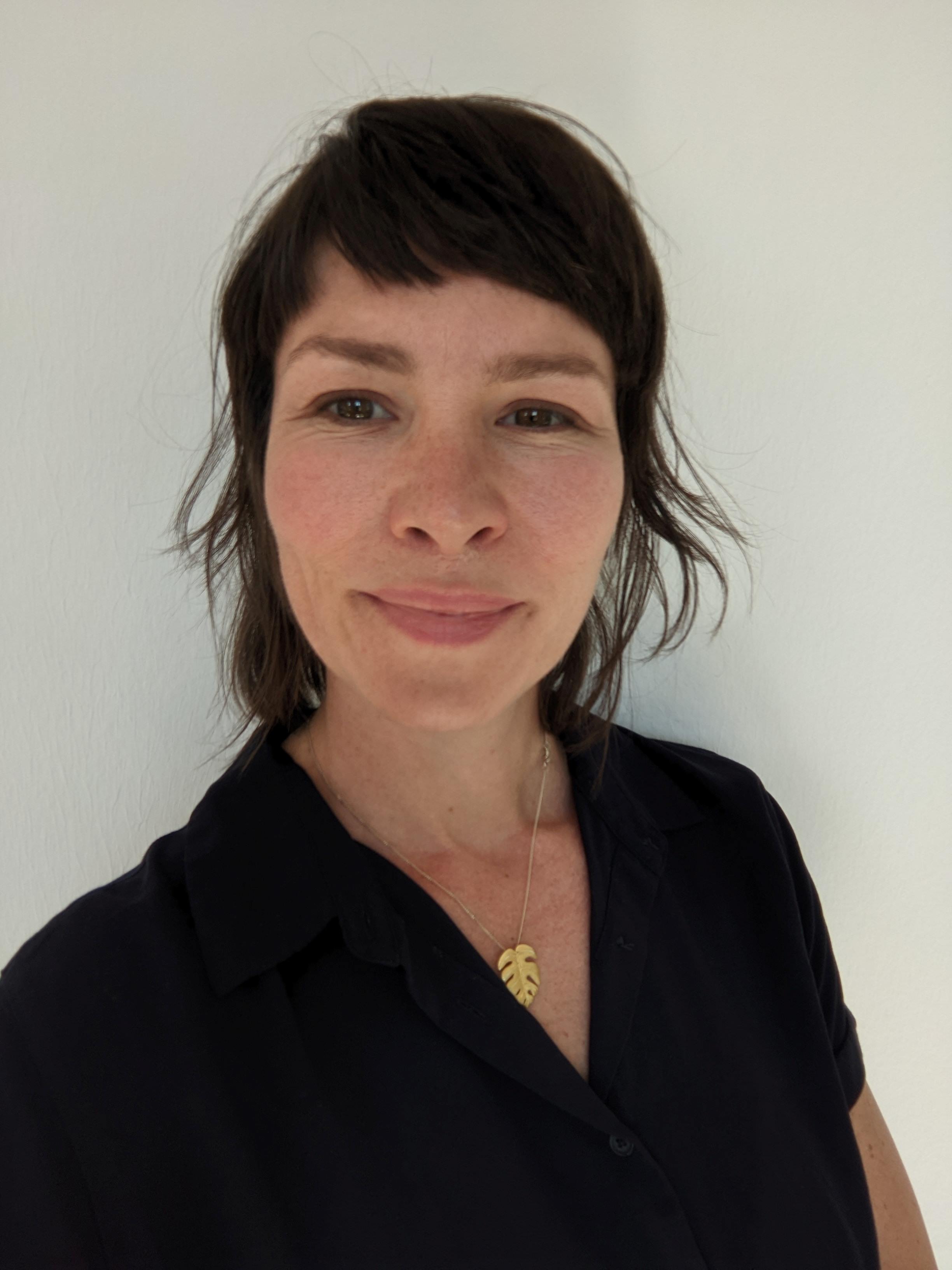
Nadine Töpfer is a professor for Metabolic Reconstruction and Flux Modelling at the University of Cologne and the Center of Excellence on Plant Sciences. Prior to this, she was an independent research group leader at IPK Gatersleben from 2019 to 2022 and a postdoc at the Weizmann Institute of Science in Israel and the University of Oxford. Nadine Töpfer obtained her PhD from the Max-Planck Institute of Molecular Plant Physiology and the University of Potsdam in 2014. Her research aims to gain a better understanding of the behaviour of plant metabolic systems and their interactions. Her research group uses computational approaches that are centred around the analysis of large-scale metabolic networks and works closely with experimental labs. Key topics of her work are the development of flux-balance methods to study tissue- and organ interactions, the curation and computational integration of specialised metabolism and the study of plant-environment interactions. The gained knowledge shall guide metabolic engineering strategies for improved crop plant productivity and quality.
AG Töpfer: AG Toepfer (uni-koeln.de)
Nicoletta Liguori (Institute of Photonic Sciences, Spain)
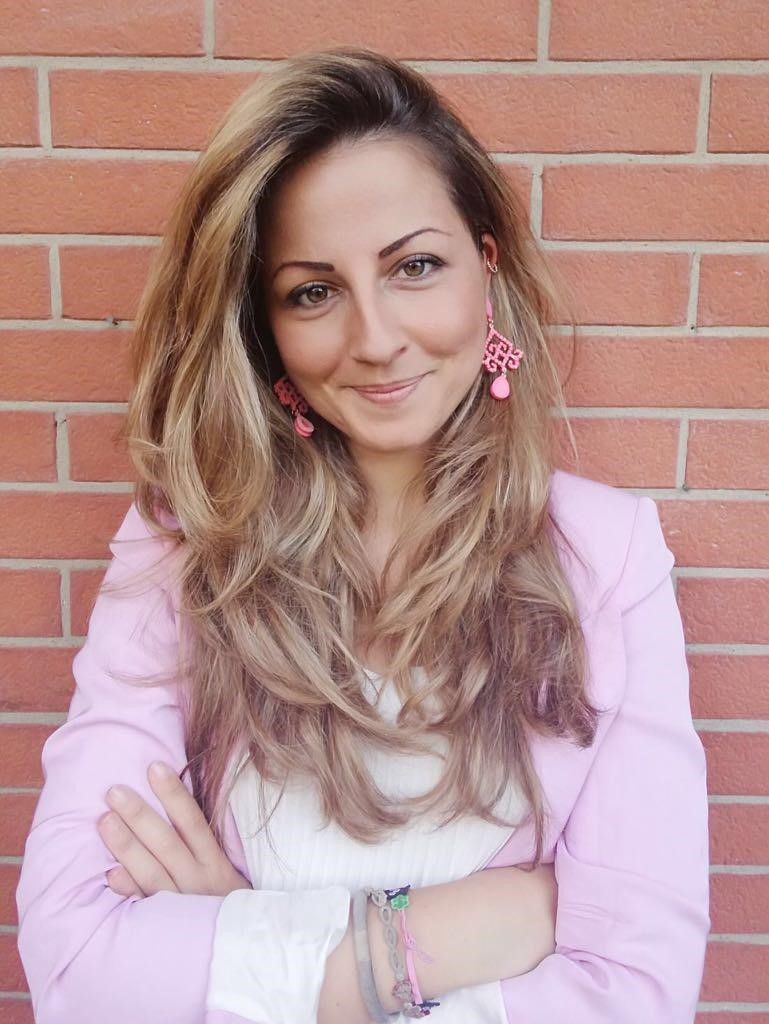
Nicoletta Liguori is a physicist with experimental and computational experience in biomolecular physics, especially in photosynthesis. She graduated cum laude in physics at Università degli Studi Roma Tre (IT), after an MSc thesis in molecular dynamics (MD) simulations of biomolecules at UC Berkeley (US) in T. Head-Gordon’s group. For her Ph.D., she joined the group of Biophysics of Photosynthesis headed by R. Croce at the VU Amsterdam (NL). During her Ph.D., she combined ultrafast spectroscopy with MD simulations to investigate how the light-harvesting complexes of plants and algae activate photoprotection.
In 2018 she obtained a competitive VENI grant from the Dutch Research Council (NWO), that allowed her to establish her independent research line in the LaserLab of the VU Amsterdam. The focus of her project was to develop novel experimental and computational approaches to study the response of photoactive (bio)molecules to pH changes. In 2022, she was appointed as professor and group leader at ICFO, within the elite CELLEX NEST fellow program and was later awarded a La Caixa Junior Leader fellowship in support of her research. Her group develops novel experimental and computational tools to study the functional response of photoactive systems to changes in structure, light and environment.
https://www.icfo.eu/research-group/32/photon-harvesting/home/437/
Career talks
Amrit Nanda (Plants for the Future European Technology Platform, Belgium)
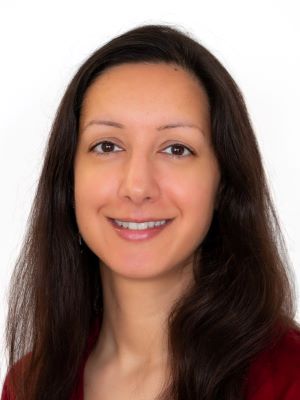
Amrit Nanda is originally from Copenhagen, Denmark, and obtained a PhD in Plant Molecular Biology and Physiology from the Australian National University. Subsequently, she pursued her academic research in Japan, the Philippines and Sweden, specialising on plant development in response to abiotic stress. During her time in Sweden, she also took part and organised several science outreach activities, including the Fascination of Plants Day, and took on the role of Coordinator of the Linnean Centre for Plant Science in Uppsala. With a desire to promote sciencebased policymaking and a more innovation-friendly policy environment in Europe, she joined Plant ETP as the Executive Manager in February 2020.
Plants for the Future | Plant ETP
Charlie Cotton (Cambrium, Germany)
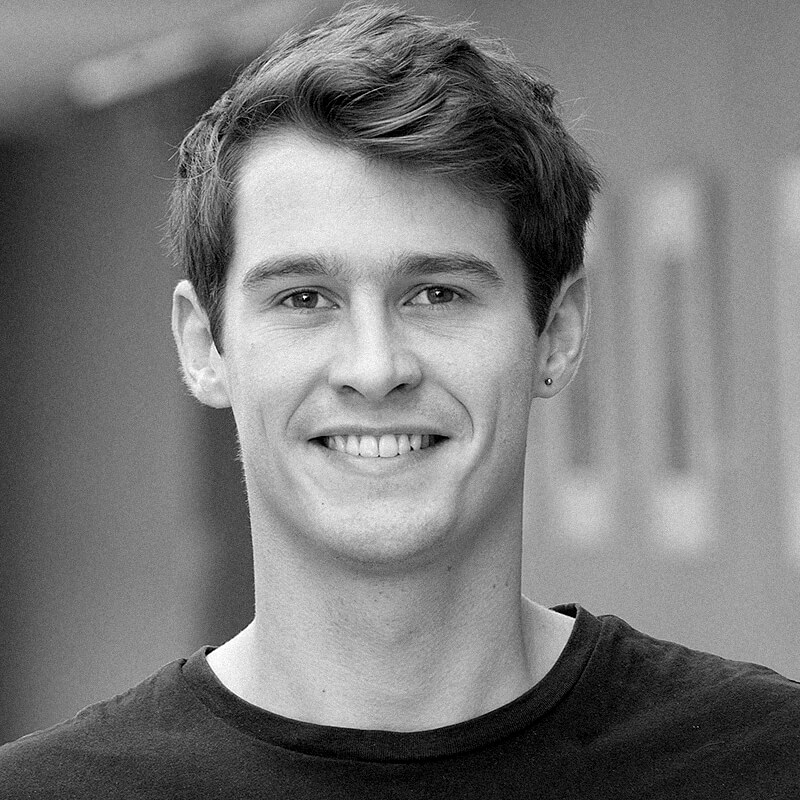
Charlie Cotton is the Chief Scientific Officer and one of the co-founders of Cambrium GmbH. Cambrium is a Berlin-based next-generation materials company utilising the molecular superpowers of proteins to rethink the way we make everything. Prior to working at Cambrium, Charlie completed a four-year postdoc at the MPIMP under Dr. Arren Bar-Even working on the C1 bioeconomy. Earlier research focused on the structural biology of carbon fixation and the potential of synthetic biology for sustainable research. He is currently most interested in the commercialisation of technologies to enable a more sustainable future, at scale.
Raphael Trösch (Nature Plants, Germany)

Raphael Trösch spent almost 15 years investigating chloroplasts before joining Nature Plants in 2022. After undergraduate studies at ETH Zurich (Switzerland), he obtained a PhD from the University of Leicester (UK) where he investigated mutants that suppress defects associated with chloroplast protein import. After that, he worked for several years as a post-doc at the TU Kaiserslautern and the Max Planck Institute of Molecular Plant Physiology, studying translational regulation of chloroplast gene expression in algae and flowering plants, respectively. Although his main expertise is chloroplast biology, his interest is and always was to understand plant life as a whole. Or else, as much of it as is possible.
https://www.nature.com/nplants/editors
Sylwia Kierszniowska (metaSysX, Germany)
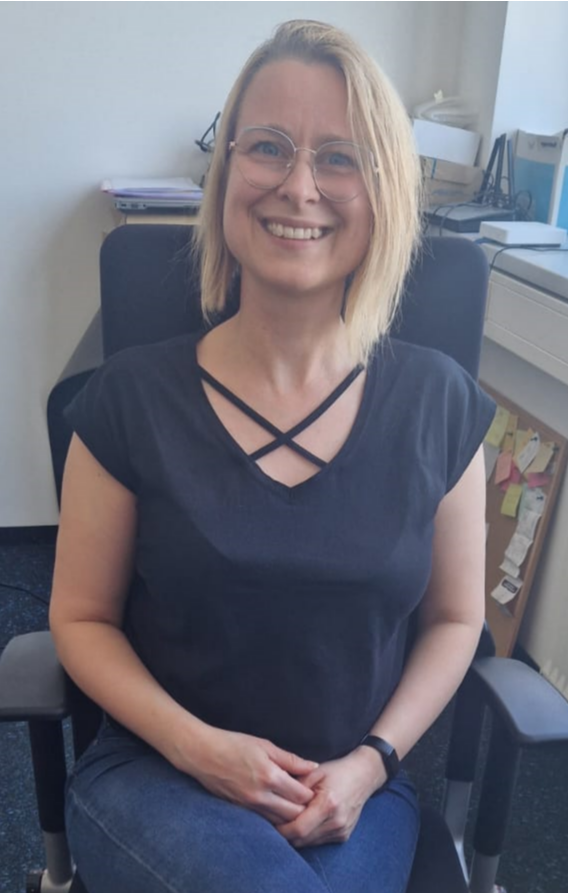
Sylwia received a master’s degree in biochemistry in 2005 at the University of Wroclaw. Her work concentrated on studies of interactions of cytoskeletal proteins with the plasma membrane in red blood cells. In 2006, She started her PhD in MPIMP in Golm in the Signaling Proteomics group of prof Waltraud Schulze. She obtained PhD in biochemistry in 2010. Following years, she was a postdoc in groups which employed mass spectrometry-based methods to study plant proteomics, metabolomics, and protein-metabolite interactions (Waltraud Schulze, Alexander Graf and Lothar Willmitzer). In 2015, she moved to metaSysX (metabolomics and systems biology company) as a scientist and data analyst. In 2019, she was offered the position as a Head of analytical platform. From 2023 she holds the position of CEO in metaSysX.
Shreya Agrawal (Neoplants, France)

Shreya Agrawal carried out her bachelor’s and master’s in the field of Biotechnology. She worked on enhancing abiotic stress tolerance in tomato plants as her master’s thesis project at Indian Institute of Technology, Guwahati, India followed by research on elucidating the role of autophagy in lipid accumulation during nitrogen starvation in model alga Chlamydomonas reinhardtii as a junior research scholar at Tata Institute of Fundamental Research, Mumbai, India. She carried out her Ph.D. research as a part of the International Max Planck Research Schools (IMPRS), 2014 program at the Max Planck Institute of Molecular Plant Physiology, Potsdam, Germany. Her Ph.D. work involved production of high-value metabolites in plants and assessing the chloroplast glutamyl-tRNA’s role in translation and tetrapyrrole biosynthesis. She carried out her Post-doctoral research at University of Copenhagen, Denmark. Currently, she is working as a Molecular Biology Scientist at Neoplants, Paris, France on developing the first plant bio-engineered to purify the air in homes.
Viviana Correa Galvis (Infarm, Germany)
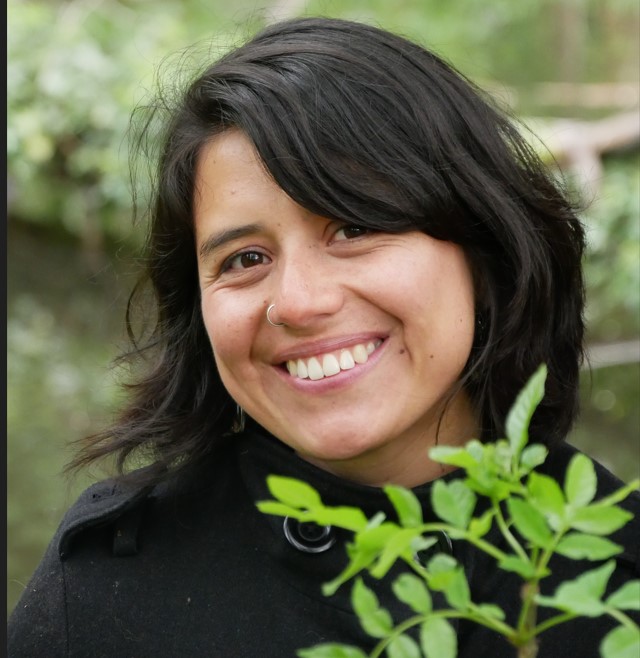
Viviana Correa Galvis is a passionate plant biologist who after more than 10 years as a photosynthesis researcher as a PhD student at HHU Düsseldorf and as a Postdoc in the MPI for molecular plant physiology moved to lead a research team at Infarm one of the pioneers of vertical farming in Europe.
https://www.infarm.com/
https://www.linkedin.com/in/viviana-correa-galvis-49695914/
